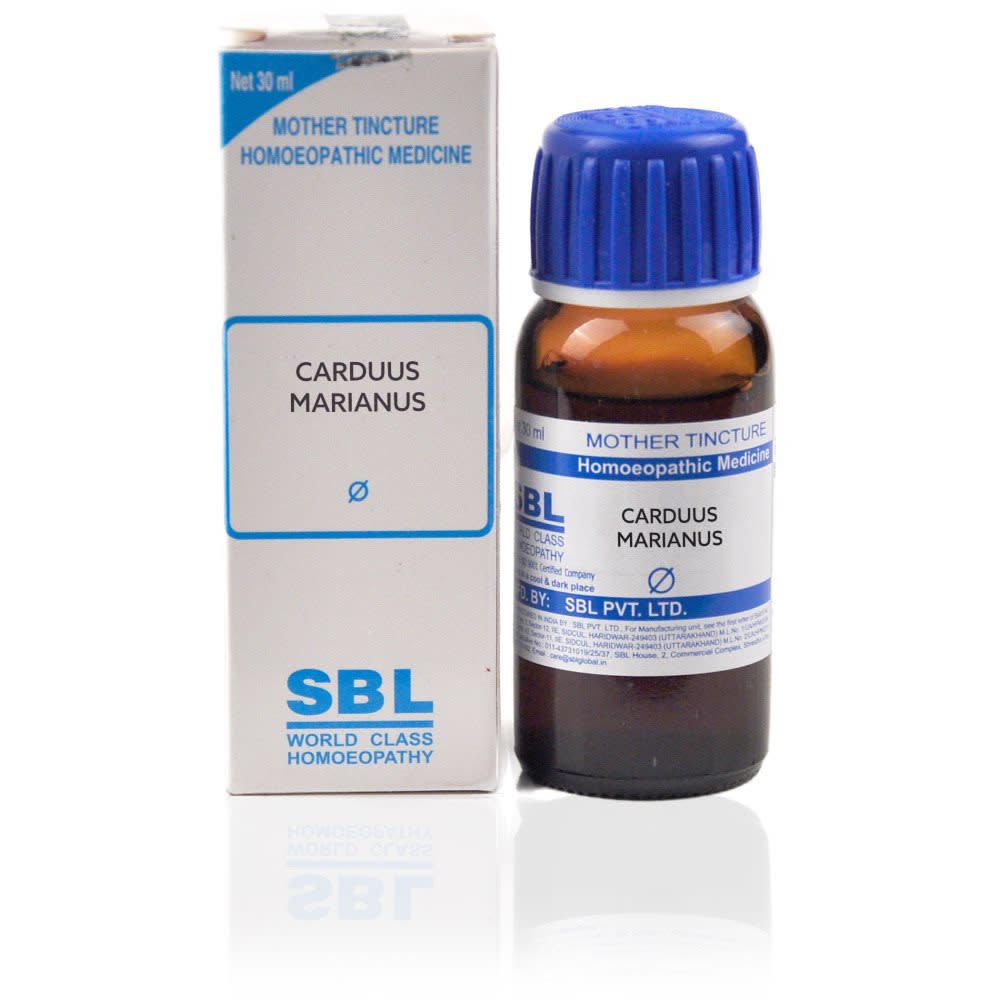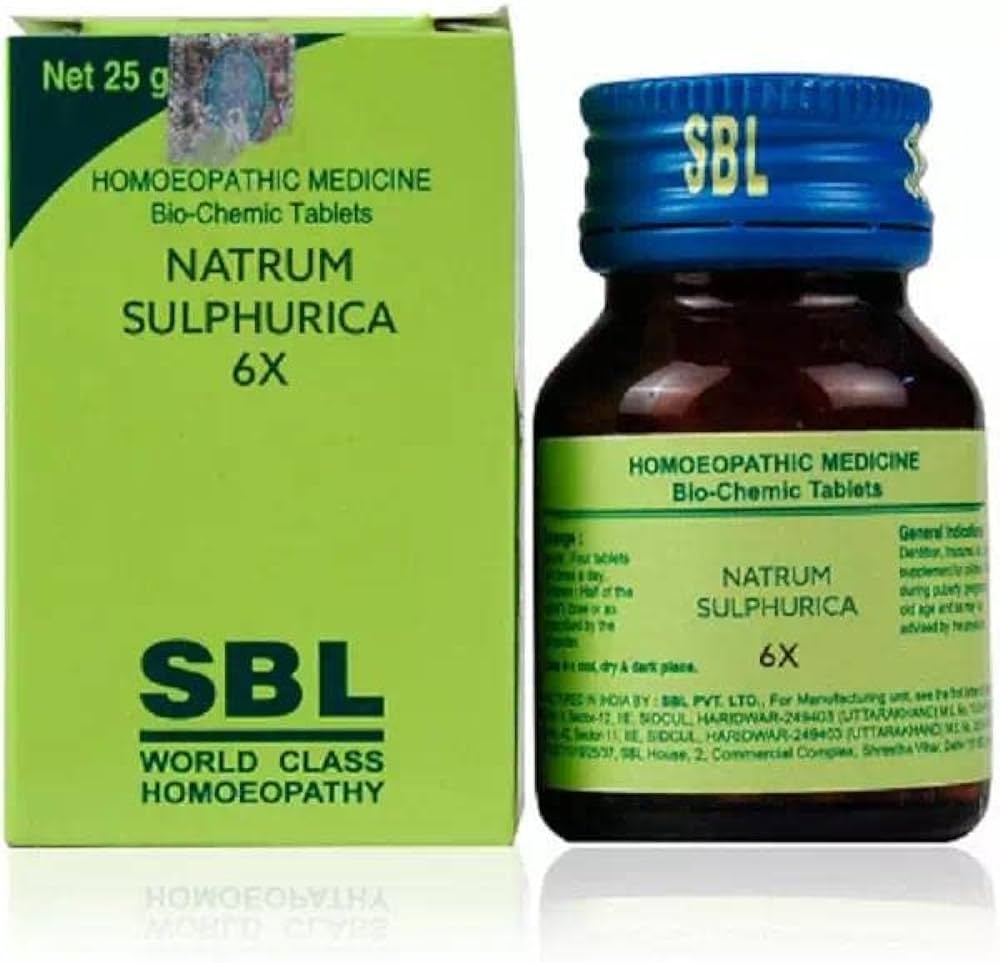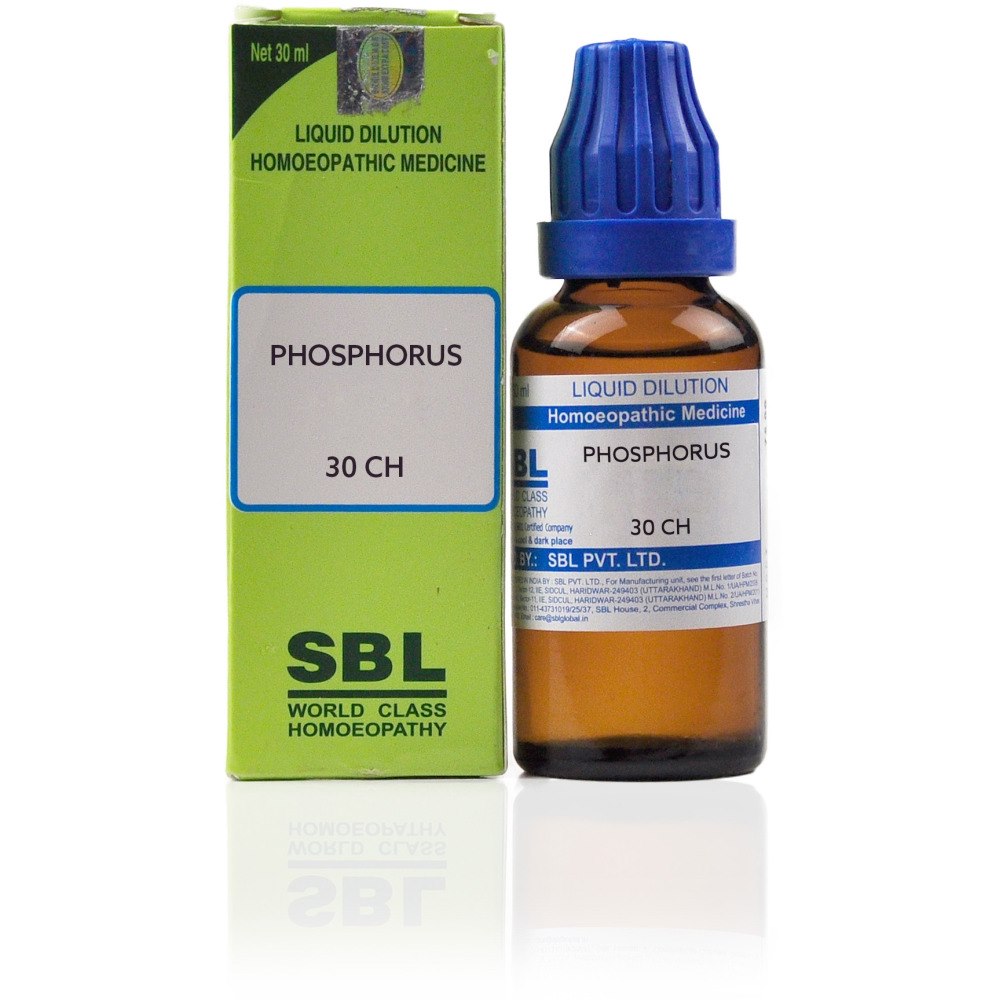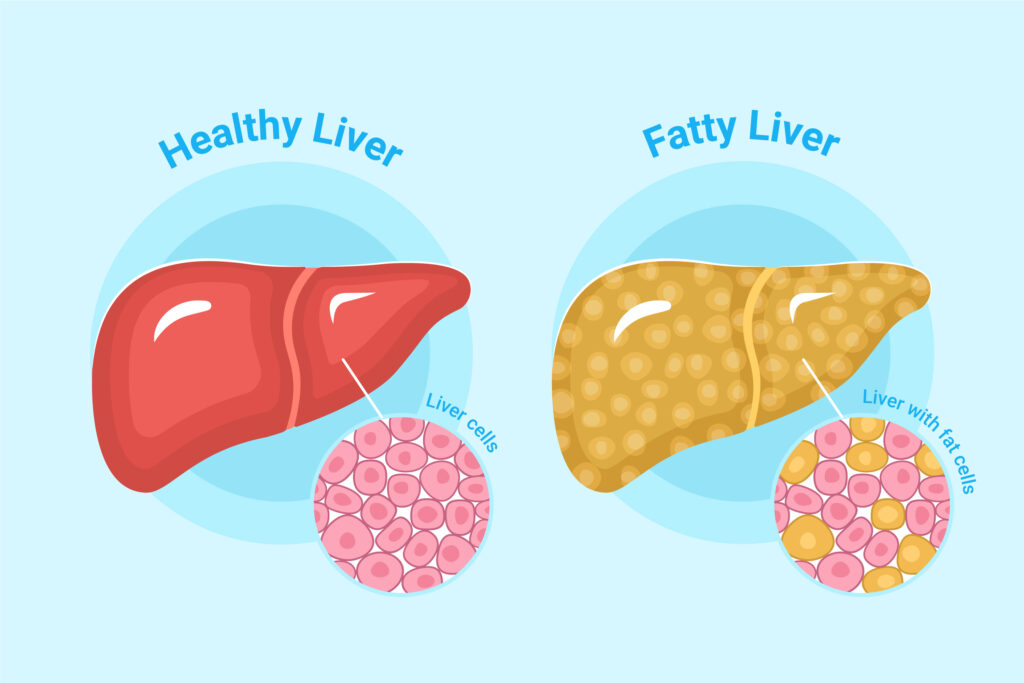Types And Homeopathic Medicine For Fatty Liver
There are two main types of fatty liver:
1. Non-alcoholic Fatty Liver Disease (NAFLD): NAFLD is a condition in which fat accumulates in the liver of individuals who do not consume excessive amounts of alcohol. It is often associated with obesity, insulin resistance, metabolic syndrome, and other conditions. NAFLD can range from simple steatosis (fat buildup) to non-alcoholic steatohepatitis (NASH), which is a more severe form of the disease that can lead to inflammation and liver damage.
Grade 1 (Mild):
This grade indicates the presence of mild fat accumulation within liver cells (hepatocytes) without significant inflammation. There may be little or no liver damage.
Grade 2 (Moderate):
In grade 2, there is moderate fat accumulation in the liver cells, and there may be some inflammation and liver cell injury. This stage is sometimes referred to as “non-alcoholic steatohepatitis” (NASH), which is characterized by inflammation.
Grade 3 (Severe):
Grade 3 indicates a significant amount of fat in the liver, along with substantial inflammation and liver cell damage. Fibrosis (scarring of the liver tissue) may start to develop at this stage.
Grade 4 (Cirrhosis):
In this advanced stage, there is extensive fat accumulation, inflammation, and liver cell injury. Cirrhosis, characterized by significant liver scarring, is present. Cirrhosis is a late and severe consequence of untreated or poorly managed NAFLD, and it can lead to liver failure.
2. Alcoholic Fatty Liver Disease: Alcoholic fatty liver disease is caused by excessive alcohol consumption. It’s the earliest stage of alcoholic liver disease and can progress to more severe conditions such as alcoholic hepatitis and cirrhosis if alcohol abuse continues.
Homeopathic Medicine For Fatty Liver
1. Chelidonium Majus
Right-Sided Abdominal Pain: One of the key indications for Chelidonium is a dull, aching pain in the upper right abdomen (the area where the liver is located). This pain is often described as a heavy or pressure-like sensation. It may radiate to the back or right shoulder blade.
Jaundice: Chelidonium may be considered when there is yellowing of the skin and whites of the eyes (jaundice), which can be indicative of liver dysfunction.
Bitter Taste in the Mouth: Individuals may complain of a bitter taste in the mouth, which can be associated with liver and digestive disturbances.
Gallbladder Issues: Chelidonium is also sometimes used for gallbladder disorders. Symptoms may include pain in the gallbladder area (upper right abdomen) and difficulties related to gallbladder function.
Constipation: Some individuals may experience constipation along with liver and gallbladder symptoms.
Hepatic Colic: There may be colic pains in the liver region, which can be quite distressing.

2. Carduus Marianus
1. Right Upper Abdominal Pain: Carduus marianus is often recommended for individuals with a dull, aching pain or discomfort in the right upper abdomen. This pain may be described as a fullness or pressure in the liver area, and it can be associated with liver congestion and inflammation.
2. Feeling of Fullness or Bloating: People with fatty liver may experience a sense of fullness or bloating in the upper abdomen. Carduus marianus can be indicated when this symptom is prominent.
3. Enlarged Liver: This remedy is sometimes used when there is an enlarged liver, often due to liver congestion or inflammation.
4. Jaundice: Carduus marianus may be considered when there are symptoms of jaundice, such as yellowing of the skin and the whites of the eyes. Jaundice is a common feature of liver disorders, including fatty liver.
5. Digestive Disturbances: Fatty liver can lead to various digestive symptoms, such as indigestion, nausea, and a bitter taste in the mouth. Carduus marianus is thought to be particularly suitable for individuals with these digestive complaints in the context of liver issues.
3. Nux Vomica
Digestive Issues: Nux vomica is often prescribed when there are digestive problems associated with fatty liver. Symptoms may include:
- Nausea and vomiting.
- Heartburn and acid reflux.
- Constipation or diarrhea, often alternating.
- A sensation of fullness and discomfort in the abdomen, especially after eating.
- Cramping and abdominal pain, which may be relieved by passing gas or having a bowel movement.
Overindulgence or Excessive Habits: Nux vomica is typically considered for individuals who have a history of overindulgence in rich or spicy foods, alcohol, or stimulants. They may have a tendency to overwork and lead a hectic lifestyle.
Sensitivity to External Stimuli: People who may benefit from Nux vomica often exhibit heightened sensitivity to external stimuli. They are easily irritated, stressed, and can become angry or impatient. They are usually intolerant of noise, light, and odors.
Sleep Disturbances: Individuals in need of Nux vomica may experience difficulty falling asleep, frequent awakenings during the night, and restless or disturbed sleep.
Chilly Sensation: They may have a tendency to feel cold and may seek warmth and comfort.

4. Lycopodium Clavatum
Digestive Disturbances: Lycopodium is known for its effectiveness in addressing various digestive complaints, making it a potential choice for individuals with fatty liver. Common digestive symptoms include:
- Bloating and distension of the abdomen, especially in the lower abdomen.
- Gas and flatulence, which may be loud and offensive.
- A sensation of fullness and heaviness in the abdomen after eating, even with a small meal.
- Acidity, heartburn, and indigestion.
Right-Sided Abdominal Discomfort: Lycopodium is often indicated when there are liver or digestive complaints, particularly if the discomfort is on the right side of the abdomen. Symptoms may include aching or stitching pains in the right upper quadrant of the abdomen.
Appetite and Cravings: Individuals needing Lycopodium may have an increased appetite, especially for sweets, and may experience an intense desire for warm drinks.
Worse in the Evening: Symptoms tend to worsen in the evening and night. People who require Lycopodium often feel better in the morning and may experience an increase in symptoms as the day progresses.
Weakness and Lack of Confidence: Lycopodium is also associated with certain emotional and mental characteristics, such as a lack of self-confidence and a fear of responsibility. People needing this remedy may present with a combination of physical and emotional symptoms.

5. Natrum Sulphuricum
Water Retention (Ascites): Natrum sulphuricum is often associated with liver conditions that result in water retention, particularly in the abdominal area. Ascites is a condition where an excessive amount of fluid accumulates in the abdominal cavity, leading to abdominal swelling and discomfort. This remedy may be indicated when the primary symptom of fatty liver is abdominal bloating and ascites.
Excessive Thirst: People who require Natrum sulphuricum may experience an intense and unquenchable thirst, often for cold water.
Depression and Anxiety: This remedy is associated with individuals who experience emotional disturbances, including depression and anxiety. Liver conditions, such as fatty liver, can have an impact on emotional well-being, and this remedy might be considered when these symptoms are prominent.
Jaundice: In cases of liver disorders, including fatty liver, jaundice may develop. Jaundice is characterized by the yellowing of the skin and whites of the eyes (sclera), which occurs due to the accumulation of bilirubin in the body. Natrum sulphuricum may be prescribed when jaundice is a significant symptom.
Bilious Vomiting: People who need this remedy may experience vomiting with a bitter or bilious taste. This can be a common symptom in liver and gallbladder disorders.
Liver Pain: It’s not uncommon for individuals with fatty liver to experience dull, aching pain or discomfort in the upper right quadrant of the abdomen. Natrum sulphuricum may be considered when this type of pain is present.

6. Phosphorus
. Physical Symptoms:
- Enlargement of the Liver: Phosphorus may be considered when there is an enlarged liver, often associated with a sensation of fullness and discomfort in the upper abdomen.
- Burning Sensations: Phosphorus is known for a sensation of burning in various parts of the body, including the liver region.
2. Gastrointestinal Symptoms:
- Nausea and Vomiting: Phosphorus can be useful when there is persistent nausea and vomiting, especially after eating or drinking, and the vomit may be bright yellow.
- Bloating and Gas: Individuals who benefit from Phosphorus may experience abdominal bloating and flatulence.
3. Mental and Emotional Symptoms:
- Anxiety and Restlessness: Phosphorus individuals often exhibit restlessness and anxiety. They may be easily startled or anxious about their health.
- Sympathetic and Compassionate: Phosphorus individuals are often sympathetic and compassionate, caring deeply about the well-being of others.
4. Hemorrhage Tendencies:
- Phosphorus is also associated with a tendency to bleed easily, which may include nosebleeds, gum bleeding, or easy bruising.

Medicine images use for reference only selection of homeopathic medicine depends on the individual’s specific symptoms and overall constitution. Moreover, homeopathy is a holistic system of medicine that treats the individual as a whole. In addition to addressing the physical symptoms, it takes into account the emotional and mental state of the person. Consequently, it’s crucial to consult with a qualified homeopathic practitioner for personalized treatment.
The information provided on this website is intended solely for educational purposes. Always seek the advice of your physician or other qualified health provider.

